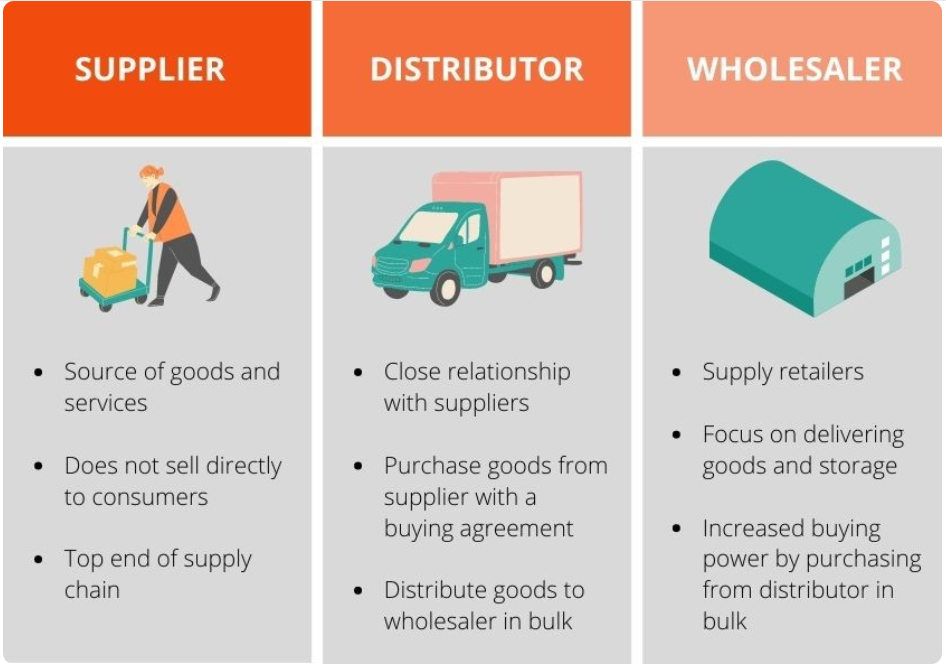When sourcing health and medical products, buyers often face a crucial decision: whether to purchase from a supplier or a wholesaler. Both options have their advantages, but understanding their differences can help businesses make the best decision for their needs. Below, we explore the key distinctions between buying from a health and medical products supplier versus a wholesaler, highlighting factors such as product range, customization, quality assurance, and support services.
1. Product Range and Specialization
Supplier:
Health and medical products suppliers are typically manufacturers or closely linked with the production chain. They offer a wide range of specialized products designed to meet specific medical requirements. These suppliers often have in-depth knowledge of the products they sell and provide advanced solutions tailored to healthcare professionals. Suppliers like Shanghai Teamstand Corporation offer comprehensive product lines ranging from vascular access devices, disposable syringes, IV catheters to blood collection devices, all meeting the stringent standards required in the medical industry. By purchasing directly from a supplier, buyers often gain access to specialized or hard-to-find products.
Wholesaler:
In contrast, wholesalers serve as intermediaries between manufacturers and buyers. They offer a broad spectrum of products, including those outside the medical field, and typically focus on bulk purchases. While they provide variety, wholesalers may not always carry niche medical products that require specific technical expertise. Their focus is more on volume, and they may not have the same level of understanding about product applications as specialized suppliers do.
2. Customization and Flexibility
Supplier:
Medical suppliers tend to offer more customization options because they work closely with manufacturers or are manufacturers themselves. For instance, Shanghai Teamstand Corporation can provide OEM (Original Equipment Manufacturer) and ODM (Original Design Manufacturer) services, which allows clients to order products customized to their specific needs, including branding, packaging, and product specifications. Suppliers can adapt to various requirements, offering flexible options such as custom-built medical devices or modified versions of existing products to meet industry-specific standards.
Wholesaler:
Wholesalers typically do not offer customization. Their business model focuses on selling pre-packaged, standardized products in large quantities. If a buyer needs unique product specifications, they may not be able to accommodate these requests. The wholesaler’s main objective is to move inventory quickly, which means buyers may have to accept what’s in stock, with limited opportunities to modify or adapt products.
3. Quality Assurance and Certifications
Supplier:
Quality is of paramount importance when purchasing medical products. Suppliers like Shanghai Teamstand Corporation often provide products that meet international safety and quality standards, such as CE, ISO13485, and FDA approval. These certifications are essential in ensuring that the products meet regulatory requirements, which is particularly important for buyers operating in global markets. Suppliers usually have strict quality control processes in place and offer full documentation, ensuring that the buyer receives high-quality, compliant products.
Wholesaler:
While many wholesalers also deal in certified products, they may not always offer the same level of transparency or direct access to quality control processes. Wholesalers buy from multiple sources, which can make it harder for them to guarantee uniform quality across all products. Additionally, they may not always have the certifications needed for exporting medical devices, depending on their suppliers. Buyers should be diligent when purchasing medical products from wholesalers to ensure that they meet necessary standards for healthcare use.
4. After-Sales Service and Support
Supplier:
When buying from a supplier, especially a specialized one, after-sales support is typically more comprehensive. Suppliers like Shanghai Teamstand Corporation provide ongoing customer support, ensuring that buyers can rely on them for any product-related questions or issues. These services may include technical assistance, product training, and guidance on product usage. Additionally, suppliers tend to offer a more personalized approach, establishing long-term relationships with their clients to provide consistent support.
Wholesaler:
In contrast, wholesalers usually focus on selling large volumes of products with less emphasis on post-purchase support. While some wholesalers may provide customer service, it may not be as specialized or responsive as what suppliers offer. They often do not have the technical knowledge to offer in-depth assistance, and their priority is moving stock rather than providing ongoing support.
Conclusion
The decision between buying from a health and medical products supplier versus a wholesaler depends largely on the specific needs of the buyer. For businesses that require specialized products, customization options, stringent quality standards, and robust after-sales support, buying directly from a supplier like Shanghai Teamstand Corporation is the better choice. As a professional supplier of medical devices, Shanghai Teamstand Corporation provides a one-stop solution with products that are CE, ISO13485, and FDA approved, ensuring quality and compliance in global markets. On the other hand, wholesalers may be more suitable for buyers looking for generic products in bulk with less focus on product customization or industry-specific requirements.
In summary, when it comes to health and medical products, choosing the right source can have a significant impact on the quality and reliability of the products purchased, as well as the overall buying experience.
Post time: Sep-18-2024








